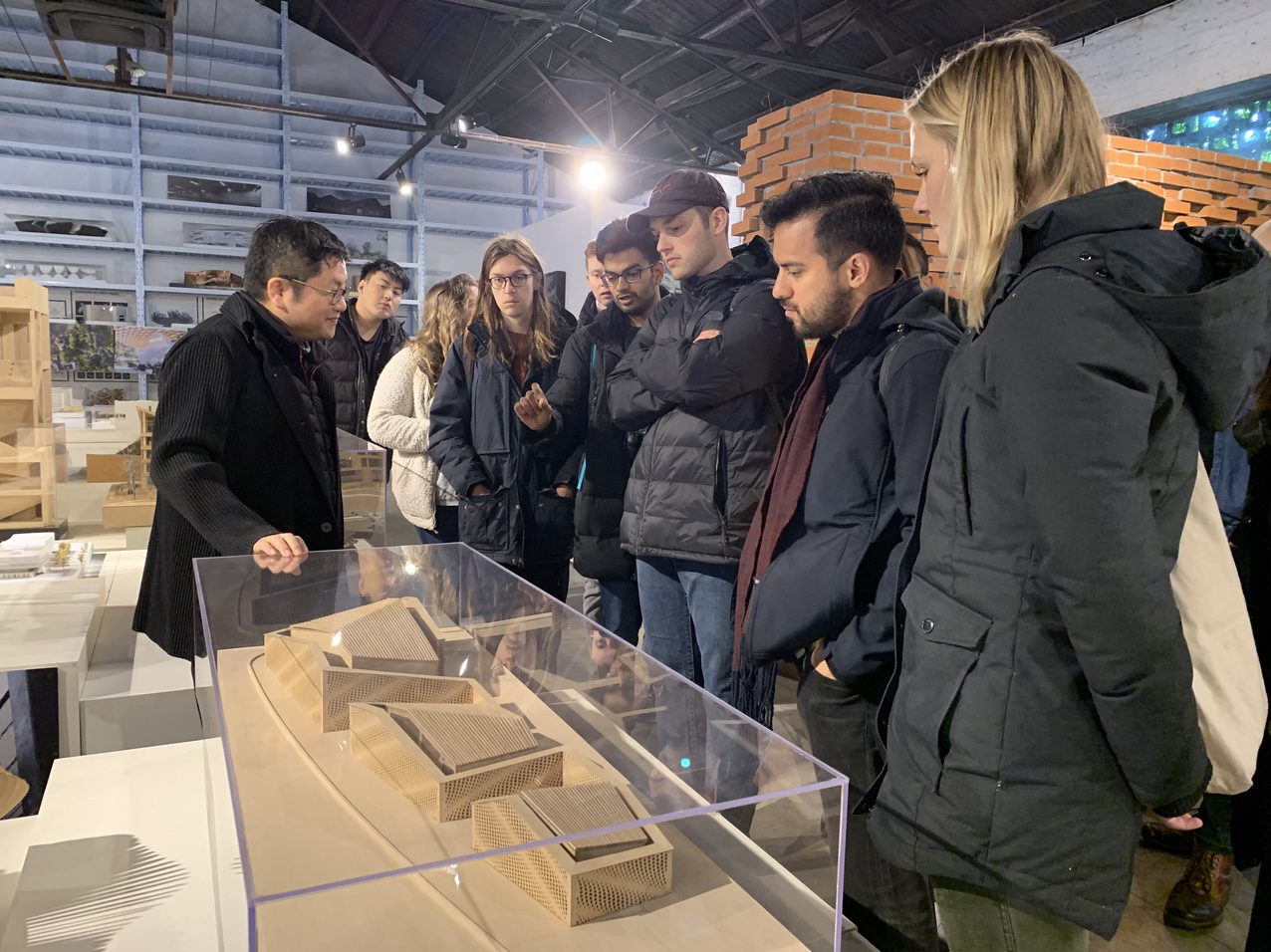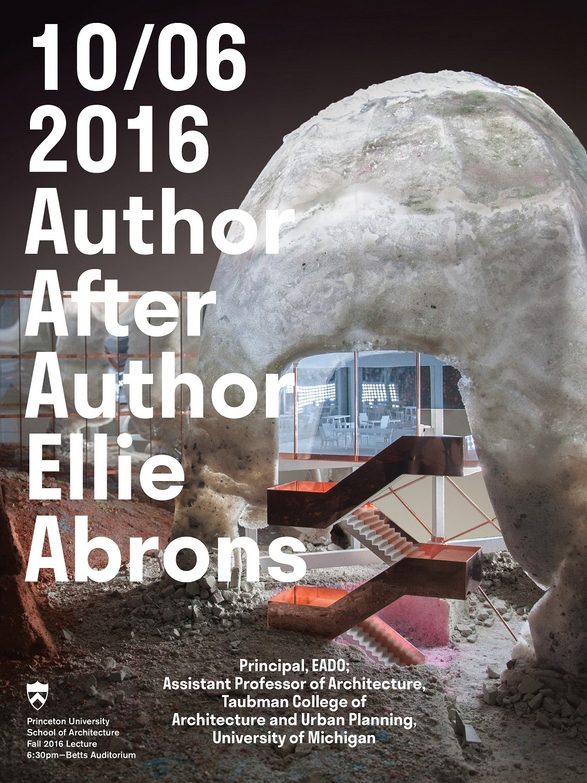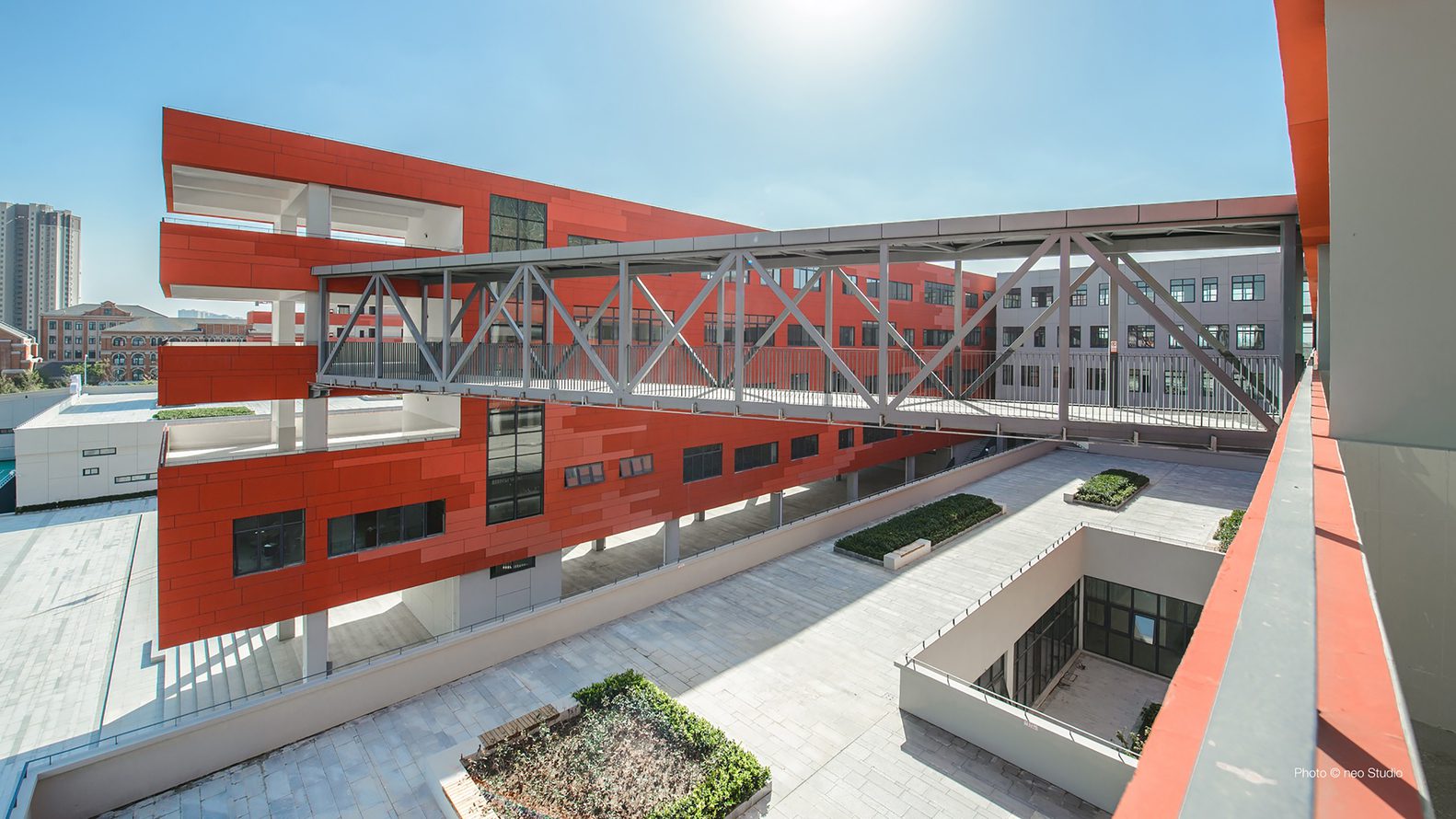
Skidmore, Owing & Merrill (SOM) has committed an additional gift to the University of Michigan Taubman College of Architecture and Urban Planning to support an innovative thesis design studio course for students in the Master of Architecture (M.Arch.) program.
The year-long studio course, Topology + timber, focuses on timber construction, with the aim of developing a built pavilion as part of the Chicago Architecture Biennial in 2021. The public programming for the pavilion will have a social mission, and will be conducted in collaboration with community partners within a southside Chicago neighborhood.
The partnership with SOM includes workshops, reviews, lectures, and expert consultation, and provides students with a unique experience rooted in experimentation and innovation, as well as social engagement, which are hallmarks of a Taubman College education.
“By strengthening the links between academia and the profession, this partnership between field-leading experts will prepare Taubman College students to move their design and process innovations from lab and studio to office and construction site,” said Jonathan Massey, Taubman College dean and professor of architecture.
The research and design work focuses on how innovative timber fabrication and construction can have scalable impacts on the built environment. Students develop various methodologies to work through different phases of design and prototyping, testing design options based on fabrication and material constraints. The fall semester focuses on exercises and computational design workshops to hone the foundational skills necessary to conduct work in the design studio in the winter term.
The thesis studio is taught by Tsz Yan Ng, assistant professor of architecture, with links to the Advanced Robotics Seminar taught by Wes McGee, associate professor of architecture and director of Taubman College’s fabrication lab (FABLab).
“We are thrilled to intersect with the multidisciplinary team at SOM, bringing shared interest in computational design and experimental fabrication processes for sustainable timber construction. We are equally excited to tackle contemporary socially just concerns by integrating community-based engagement and programming,” Ng and McGee said.
SOM will engage with students throughout the year, linking professional practice support and consultation through regular workshops and reviews. Guest instructors from SOM include Ryan Culligan, Benton Johnson, Sydney Brown, Kyle Vansice, Rahul Attraya, and Megan Mohney.
A previous gift from SOM supported a 2019–2020 studio course, Topology +, which focused on advanced computational design and fabrication for concrete forming. Last year’s partnership also included workshops, reviews, lectures, and expert consultation, in addition to an externship during spring break 2020, a studio trip hosted by SOM at its Chicago office coinciding with the Chicago Architecture Biennial 2019, and travel to Shanghai in the winter term.
“Reimaging building elements with the help of emerging technology has the potential to catapult design and construction into a new era. The Digital Fabrication Lab at the University of Michigan is on the leading edge of this exploration, and we’re thrilled to continue our partnership this year,” said Scott Duncan, design partner at SOM. “Working hand-in-hand with Taubman College graduate and undergraduate designers, we’re exploring how material and fabrication innovation can create a more sustainable built environment.”
SOM is one of the largest and most influential architecture, interior design, engineering, and urban planning firms in the world. Founded in 1936, they have completed more than 10,000 projects in more than 50 countries. They are renowned for their iconic buildings and their commitment to design excellence, innovation, and sustainability.
More information:








